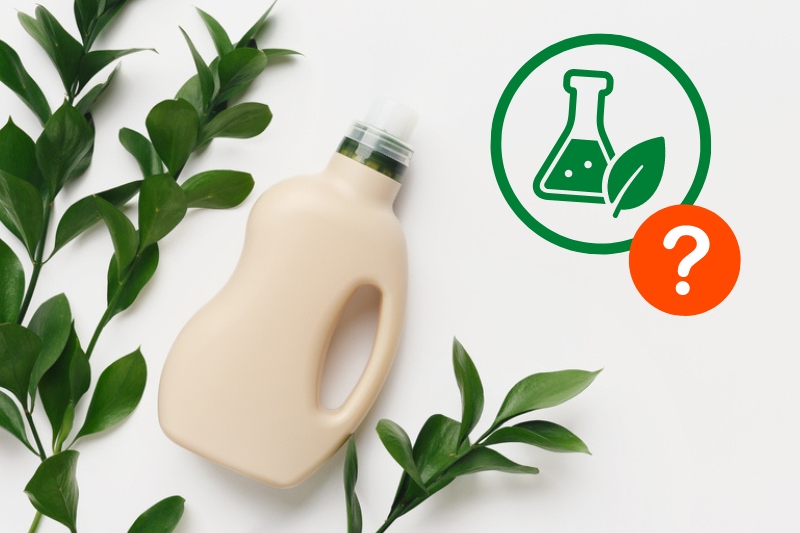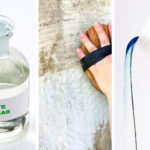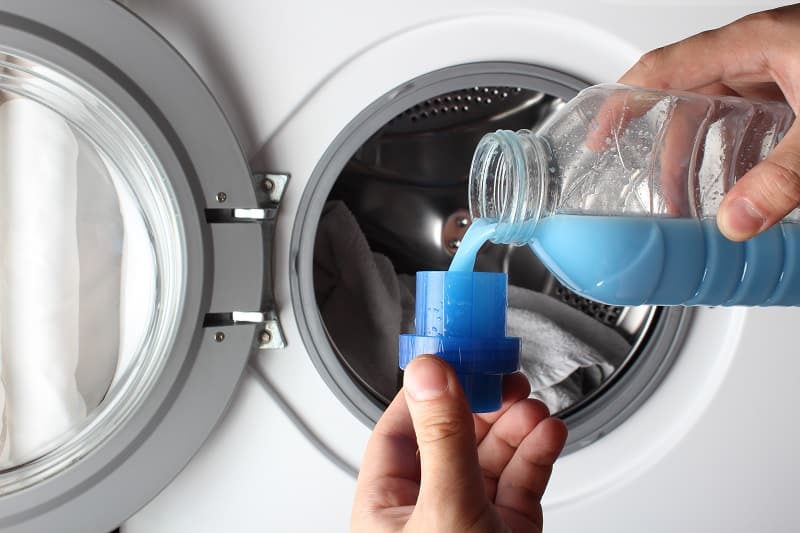Although not essential, fabric softener is a standard part of many people’s washing routine. It may not help with cleaning your clothes, but it definitely leaves them feeling super soft, infuses your laundry with a pleasant scent, and helps to prevent wrinkles in the fabric.
Unfortunately, when you often suffer from skin irritation, you have to be careful about the products you use on your clothes.
A detergent or fabric softener that is heavily fragranced or contains certain ingredients could cause an allergic reaction, something no one wants to experience.
Non-bio laundry detergents are very common nowadays and are specifically marketed to those with sensitive skin. But is fabric softener non-bio? Or should it be avoided? Read on to find out!
Is Fabric Softener Non-Bio?
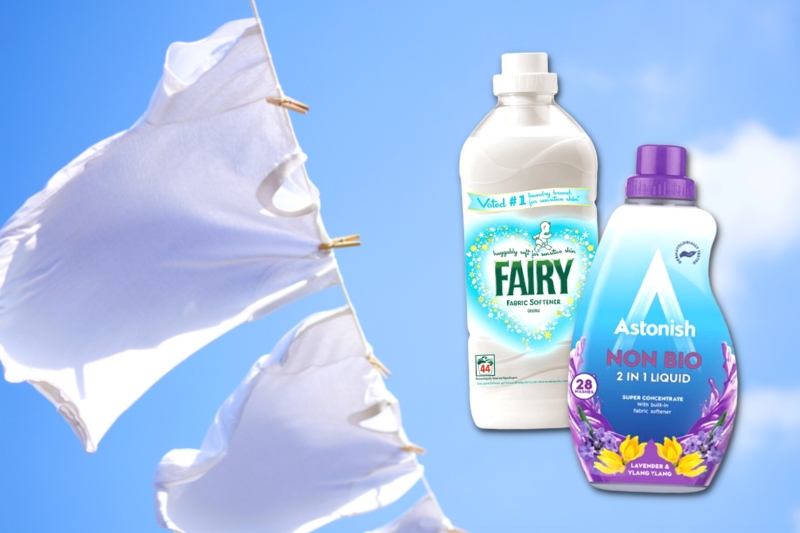
Unlike laundry detergents, most fabric softeners don’t contain enzymes, so in that sense they are non-bio. However, most fabric softeners do contain harsh chemicals and fragrances, so they still aren’t suitable for people with sensitive skin.
The phrase “non-bio” is most commonly associated with laundry detergents. These products have become more readily available over the years and are especially sought after by those with sensitive skin. This is because non-bio detergents don’t contain biological enzymes or harsh chemicals, therefore reducing the chances of skin irritation.
Although they are less well known, there are a few fabric softeners out there that are also marketed as non-bio. Like with non-bio laundry detergents, non-bio fabric softeners minimise the risk of triggering a skin allergy while allowing people to enjoy the benefits of softer clothes. This being said, there are still times when fabric softeners should be avoided, such as when washing towels.
Non-bio fabric softeners tend to come in two forms: those that are combined with a non-bio laundry detergent and those that are only fabric softeners.
Depending on which kind suits you, we recommend using the Astonish Non-Bio Laundry Liquid (with built-in fabric softener) or Fairy Fabric Conditioner, as both consistently bring in good reviews.
What Is a Safer Alternative to Fabric Softener?
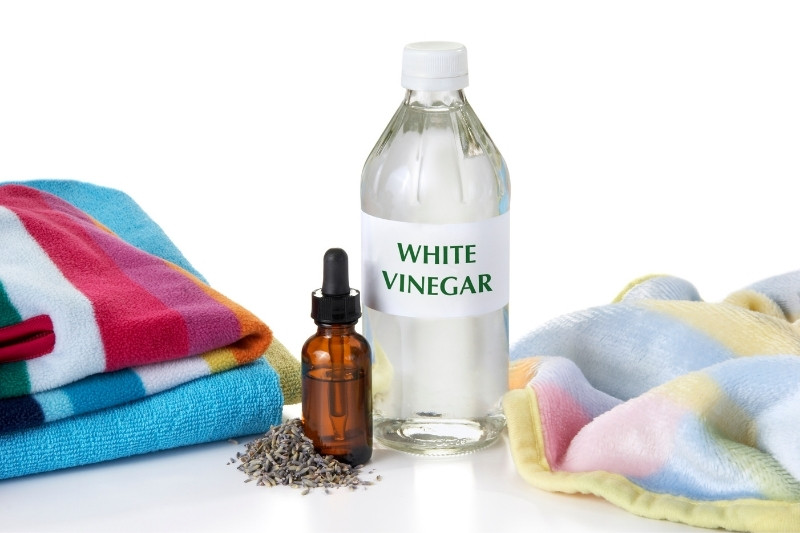
If you’re unsure about using a non-bio fabric softener (or want to avoid commercial fabric softeners in general), there are some other hypoallergenic alternatives you can try. These alternatives won’t fragrance your laundry, but they will help keep the material soft.
- White vinegar: White vinegar is not only great at softening your clothes, but it also helps to reduce fading and remove stains too! The easiest way of using vinegar to soften your clothes is to pour 100ml of the liquid into the fabric softener dispenser in your machine during the rinse cycle.
- White vinegar and bicarbonate of soda: Combining white vinegar with bicarbonate of soda also creates a very effective fabric softener alternative. To make the softening liquid, you need to mix together two parts water, one part vinegar, and one part bicarbonate. Then add two tablespoons to the fabric softener dispenser during the rinse cycle.
- Vegetable glycerine: Vegetable glycerine is less commonly found in the home, but it is a great hypoallergenic alternative to fabric softeners. You need to mix one part vegetable glycerine with two parts water to form a liquid, then add two tablespoons of the mixture to the fabric softener dispenser during the rinse cycle.
- Dryer balls: Dryer balls can be made of either wool or plastic, but we suggest sticking to the plastic options to avoid any allergic reactions to the wool. To use, you need to add a few of the balls into your tumble dryer with the rest of your laundry.

Hannah has a passion for cleaning. She worked her way around Australia by cleaning hostels in exchange for free accommodation and used her cleaning skills to bag a job as a chalet host for a luxury ski company in France.
